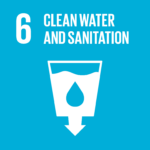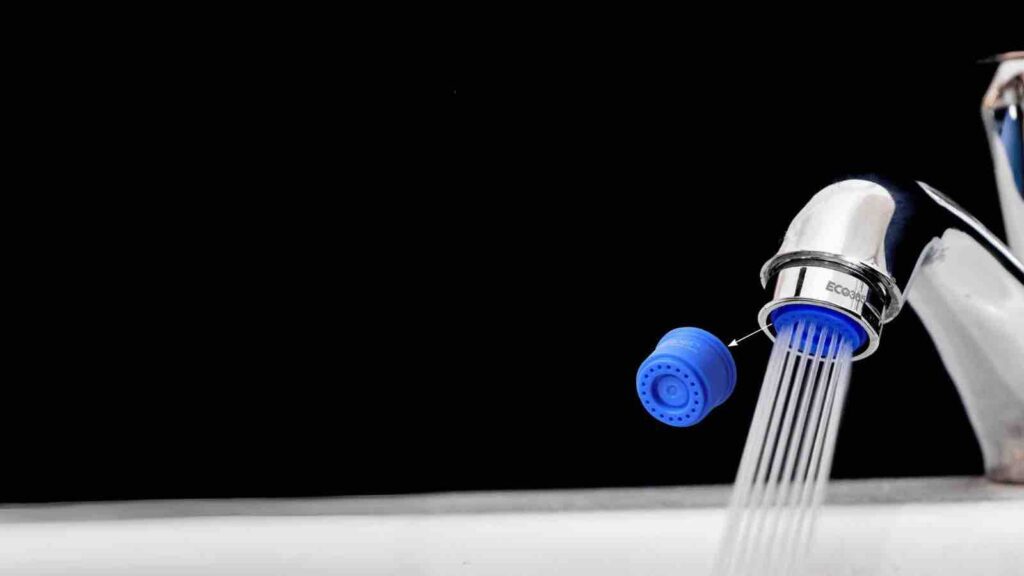Taps, especially in high-usage areas like schools and hotels, are notorious for their water wastage. By installing water aerators on taps, it can cut down the water flow from 10-15 litres per minute to a more sustainable 4-6 litres.
In Bangalore, a city wrestling with water stress, a simple yet innovative hack by Lalithamba Vishwanathiah has preserved over 1.8 million litres of water, underscoring the power of grassroots initiatives in combating environmental challenges. Lalithamba, a 48-year-old resident of HSR Layout, leveraged the simplicity of water aerators and flow restrictors to achieve this remarkable feat.
RELEVANT SUSTAINABLE GOALS



Bottom-Up Approach To Water Conservation
Taps, especially in high-usage areas like schools and hotels, are notorious for their water wastage. Lalithamba pointed out that a standard hand wash can use up to 4 litres of water, a figure that quickly escalates when multiplied by the population’s daily habits. By installing water aerators on taps, she has managed to cut down the water flow from 10-15 litres per minute to a more sustainable 4-6 litres. This modest adjustment has a profound impact, tripling the efficiency of water use without compromising on cleanliness.
Since March 2022, Lalithamba has installed these devices in about 300 establishments, ranging from schools to hospitals, demonstrating the vast potential for water conservation through minor alterations in daily practices. Her collaboration with the local green start-up, Everything Eco, has further amplified her mission, allowing her to reach more venues and educate them on the benefits of installing aerators.
Her work goes beyond water conservation; Lalithamba has been an active participant in various social initiatives for 13 years, striving to restore Bengaluru’s environmental health. She emphasizes the importance of community action over waiting for federal solutions, showing that local efforts can lead to significant environmental improvements.
Lalithamba also runs a crockery bank from her home, lending out sets to promote zero-waste events. She warns, “Water will soon be a traded commodity,” highlighting the critical role of water in sustaining life and the potential conflicts that scarcity could provoke.
While top-down methods like recharge wells and rainwater harvesting are effective on a larger scale, Lalithamba champions a bottom-up approach, focusing on reducing freshwater use for tasks like handwashing. This strategy not only addresses water stress directly but also showcases how small-scale interventions can lead to significant savings and environmental benefits.
With an investment of less than $160, Lalithamba has demonstrated that impactful environmental conservation can be both affordable and simple. Her advocacy for mandatory installation of water-saving devices in public spaces, supported by CSR funds, reflects her vision for a sustainable future.
Lalithamba’s journey illustrates that meaningful change often starts with individual action. Through her efforts, she has saved millions of litres of water, proving that with determination and simple solutions, anyone can contribute to conserving our planet’s most precious resource.
You may also be interested in :
Beyond 2020 Improves Access To Clean Water For 10,000 Rural Malaysians
Lead image courtesy of eco365store




